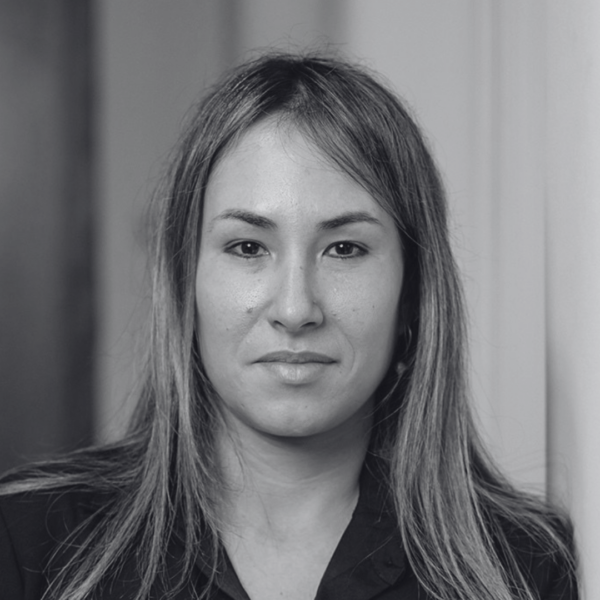Assistant Professor, The Winstar Institute

Noam Auslander, Ph.D., received a 2022 Michelson Prize for: “Artificial intelligence-based identification of microbes associated immune responses in cancer and immune diseases.”
Award-winning research proposal: Dr. Auslander is developing an artificial intelligence-based approach to efficiently detect microbial expression in cancer and immune diseases. Her approach outperforms existing strategies and allows the detection of new microbes in human disease tissues, whose expression correlate with patients’ immune responses and disease outcomes. Dr. Auslander’s successful proposal offers a new technique to study the role of microbes in disease immune responses and ultimately improve both vaccine and immunotherapy development.
Dr. Auslander’s research focuses on developing machine learning methods to understand genetic and infectious factors that drive cancer evolution and identify patterns that can improve cancer diagnosis and treatment. Dr. Auslander earned her B.S. in computer science and biology from Tel Aviv University and continued her studies in Maryland, where she obtained a computer science Ph.D. from the University of Maryland with a combined fellowship at the National Cancer Institute. She received postdoctoral training at the National Center of Biotechnology Information (NCBI) and joined The Wistar Institute in 2021 as an assistant professor.
What drew you to the fields of machine learning and immunology?
I double majored in computer science and biology because I liked both disciplines and could not decide. When I specialized in computational biology, I realized that so many difficult questions could be tackled with machine learning. I found that the most interesting and complex questions in biomedicine are within, or somewhat related to immunology. In other words, machine learning is a great way to address some intricate immunological questions, which are usually the most interesting ones.
What are you researching on?
My lab is now working on developing methods to better study how different viral or bacterial infections lead to cancers and how these infections modulate immune responses and affect patients’ outcomes and treatment responses. We also investigate which microbial components may be used to predict immunotherapy responses.
What is the potential impact of your research on people’s health?
Finding new infections that lead to tumors can help develop early detection methods and vaccinations to prevent cancer. Knowing which microbial components enhance immune responses will not only improve the selection of patients that are more likely to benefit from immunotherapy, but it can also help develop strategies to overcome resistance.
How will the Michelson Prize help you with your future research and career?
Some of the questions that we ask are risky, such as searching for new microbes in tumors, and it is not always clear why machine learning and computational methods can improve the current knowledge in the field. The Michelson Prize is a tremendous help for me because it allows us to pursue those more challenging directions. These questions are not just those that I am most excited about, but also those that can be most rewarding and shape my future research and career.